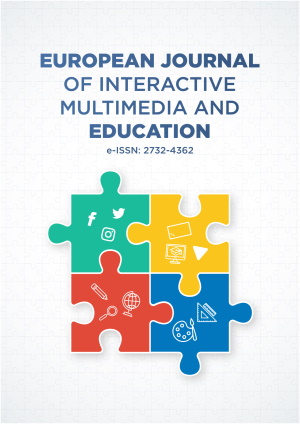Abstract
It is an undisputed fact that the existence of COVID-19 disease has posed many challenges to the different sectors of the Nigeria economy and the educational sector seems to be the most adversely affected. This is because of the total lockdown of schools for several months as part of the measures put in place by the federal government to curtail the spread of the disease. As a result, teaching and learning activities were shut down because of various technological development challenges. This paper focuses on the challenges posed by the COVID-19 disease to the education sector and the need to sustain the growth of science, technical and vocational education (STVE) in Nigeria in spite of the pandemic. Using the narrative literature review methodology, impact of the pandemic on teaching and learning STVE were discussed as well as different innovative and technology-driven approaches that could be integrated when similar crises occur in the future such as online teaching and learning, social media platforms, electronic learning, learning management systems, printed courseware, flipped classroom model, educational broadcasting, and synchronous communication tools were also explored in the paper. The recommendation elaborates on the need for stakeholders to be adequately prepared in terms of necessary trainings and provision of amenities that support continuous learning whenever civic and health crises necessitate emergency closure of schools in the country.
License
This is an open access article distributed under the Creative Commons Attribution License which permits unrestricted use, distribution, and reproduction in any medium, provided the original work is properly cited.
Article Type: Research Article
EUR J INTERACT MULTIMED ED, Volume 3, Issue 1, January 2022, Article No: e02208
https://doi.org/10.30935/ejimed/11979
Publication date: 06 Apr 2022
Article Views: 2603
Article Downloads: 1340
Open Access References How to cite this article
 Full Text (PDF)
Full Text (PDF)